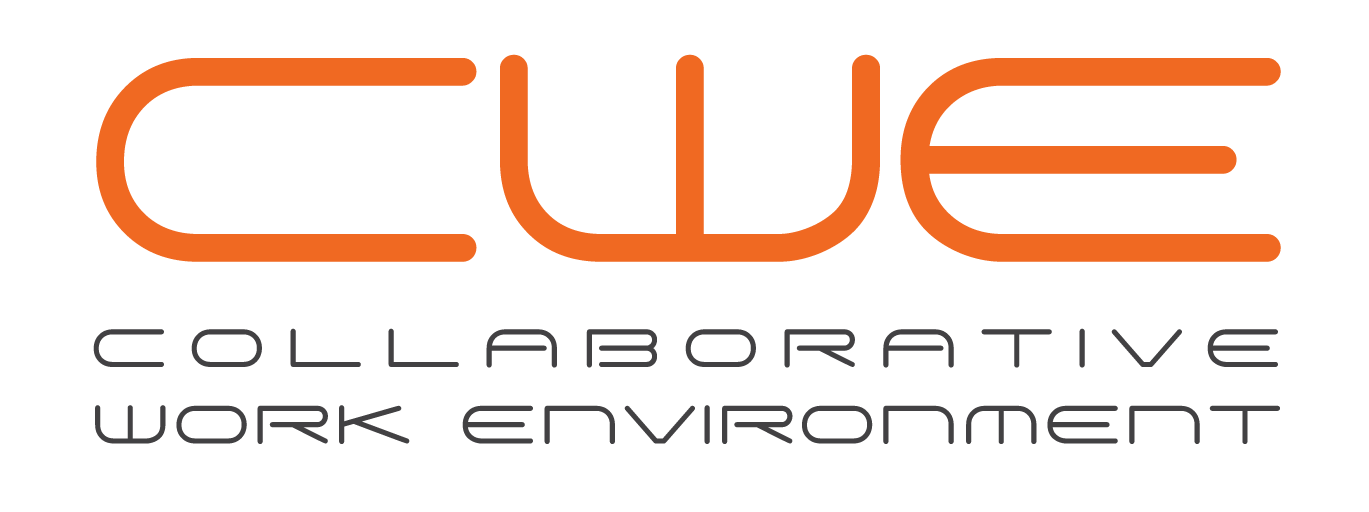In today’s rapidly evolving business landscape, organizations are constantly seeking ways to enhance efficiency, reduce costs, and improve service quality. A critical aspect of achieving these goals lies in optimizing facility soft services, which include janitorial, security, and food services. Leveraging the power of IoT (Internet of Things) and workflow automation software, organizations can unlock a plethora of benefits, from improved workforce productivity to enhanced service delivery and cost savings. In this blog, we will explore why facility soft services are ripe for process improvement through these technologies, supported by research insights from Gartner and Verdantix.
The Current Landscape
Traditionally, managing facility soft services has been a labor-intensive and manual process. Organizations rely on paper-based systems, spreadsheets, and disconnected legacy software to oversee janitorial services, security, and food services. This approach often leads to inefficiencies, inconsistencies, and missed opportunities for optimization.
Gartner’s Insights
According to Gartner, the adoption of IoT and workflow automation in facility management is on the rise. In a recent report, Gartner highlighted the potential of these technologies to drive operational excellence and transform how organizations manage soft services. Key takeaways from Gartner’s research include:
- Enhanced Visibility: IoT sensors can provide real-time data on occupancy, temperature, and equipment performance, enabling facilities managers to make data-driven decisions for resource allocation and service optimization.
- Predictive Maintenance: IoT-enabled devices can predict equipment failures, allowing maintenance teams to proactively address issues before they impact service quality.
- Improved Security: IoT-based access control and surveillance systems enhance security measures, reducing the risk of breaches and incidents.
- Workflow Automation: Automation software streamlines work orders, task assignment, and reporting, reducing administrative overhead and improving task execution.
The Benefits of IoT and Workflow Automation
Workforce Productivity:
IoT and automation software can significantly boost workforce productivity in facility soft services:
a. Task Prioritization: Automation tools can prioritize tasks based on urgency and importance, ensuring that critical issues are addressed promptly.
b. Efficient Scheduling: IoT data helps in creating optimized schedules for janitorial staff, security personnel, and food service providers, minimizing downtime and idle resources.
c. Real-time Monitoring: Managers can monitor employee performance and service quality in real-time, enabling immediate feedback and performance improvements.
Service Delivery Improvement:
Improving service delivery is a top priority for facility managers, and IoT and automation offer several advantages:
- Quality Assurance: Sensors can monitor cleanliness levels, food storage conditions, and security breaches, ensuring that service standards are consistently met.
- Proactive Response: Predictive maintenance alerts and automated incident reporting enable swift responses to service disruptions, minimizing downtime.
- Customization: IoT data can be used to tailor services to specific user preferences, enhancing customer satisfaction.
Cost Benefits:
Cost savings are a compelling reason to invest in IoT and workflow automation for facility soft services:
- Reduced Labor Costs: Automation reduces the need for manual data entry and administrative tasks, allowing organizations to allocate resources more efficiently.
- Energy Efficiency: IoT-enabled HVAC and lighting systems can optimize energy usage, resulting in lower utility bills.
- Preventive Maintenance: By addressing issues before they escalate, organizations can avoid costly equipment repairs and replacements.
Verdantix’s Insights
Verdantix, a leading research firm in environmental, health, and safety technology, also recognizes the potential of IoT and automation in facility soft services. In a recent study, Verdantix highlighted the role of these technologies in improving sustainability and compliance in facility management. Key findings include:
Sustainable Practices: IoT sensors can track resource consumption, enabling organizations to implement sustainable practices in janitorial, food services, and energy management.
Compliance Monitoring: Automation software helps organizations ensure compliance with industry regulations, reducing the risk of penalties and legal issues.
The convergence of IoT and workflow automation is transforming facility soft services, offering organizations the opportunity to enhance workforce productivity, improve service delivery, and realize significant cost benefits. Gartner and Verdantix research insights reinforce the immense potential of these technologies in revolutionizing facility management. To remain competitive and future-ready, organizations should explore the integration of IoT and workflow automation in their soft service operations, ultimately creating more efficient, sustainable, and customer-centric facilities.



Comments are closed